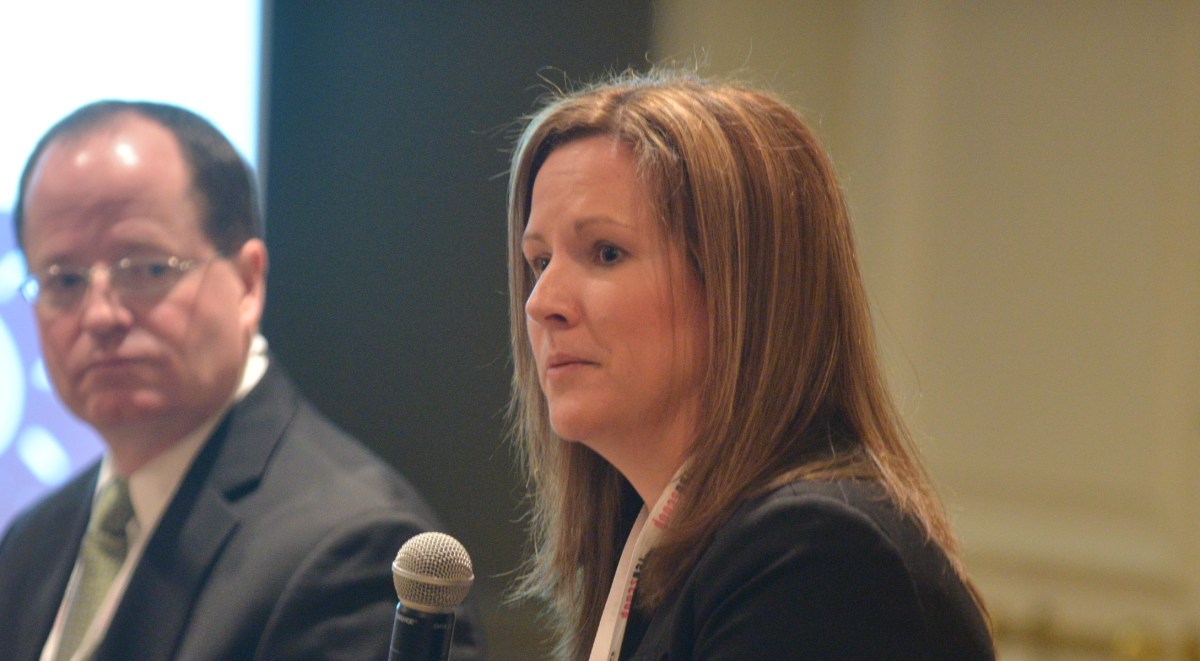Agencies leaning into shared services for reform plans

There’s a month left before agencies submit finalized reform plans to the Office of Management and Budget, and officials are pointing to shared services as key to making those plans work.
Shared services will help agencies reduce redundancies and achieve the efficiencies the Trump administration seeks in its governmentwide reorganization, announced in April, Beth Angerman, executive director of the Unified Shared Services Management office, said Wednesday.
“I can say with confidence that sharing services and technology that support mission is a very active topic of conversation today,” Angerman said at the Agency Reform Summit.
She pointed to several moves by the White House that telegraph the role shared services — which condenses common government operations like IT management and human resources into a series of centralized providers — will play in agency reform efforts, including language directing the executive branch to pursue the practice in the president’s proposed budget, and agency reform and cybersecurity executive orders.
With agencies looking fervently for any efficiency they can find in their reform plans, the benefits of shared services have become quite sought after.
“We have heard a resounding amount of feedback from agencies that having better access to technology and services would be an important tool for them to implement their reform plans,” Angerman said.
To identify the common needs across agencies that shared services could provide, Angerman said that USSM’s Federal Integrated Business Framework will help standardize those business operations for federal leaders to procure them more easily.
With the framework, USSM office can identify the common functions agencies can outsource to shared services providers and determine the “true cost of the uniqueness of the federal government.”
“My view is wouldn’t be nice to say, ‘These are the rules that are really unique to federal government, these are the things that we have to build because it doesn’t exist anywhere else, and this is the cost of these things,’” she said. “Because that’s really what is driving the customization of these applications. All you need is one or two things and everyone said we are going to have to build our own system.”
Angerman added, “What we are trying to do is say, ‘Let’s leverage common technology as much as possible and build things that really are rooted in legislative or statutory guidance that says we have to do it one or another.”
Agency reform plans will be finalized and submitted to OMB in September as part of the fiscal 2019 budget submission.




